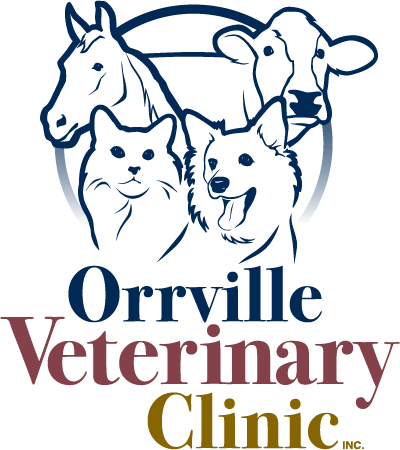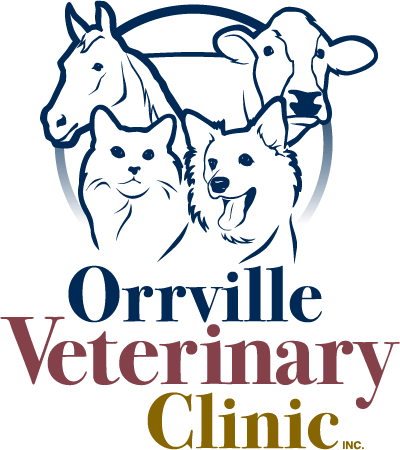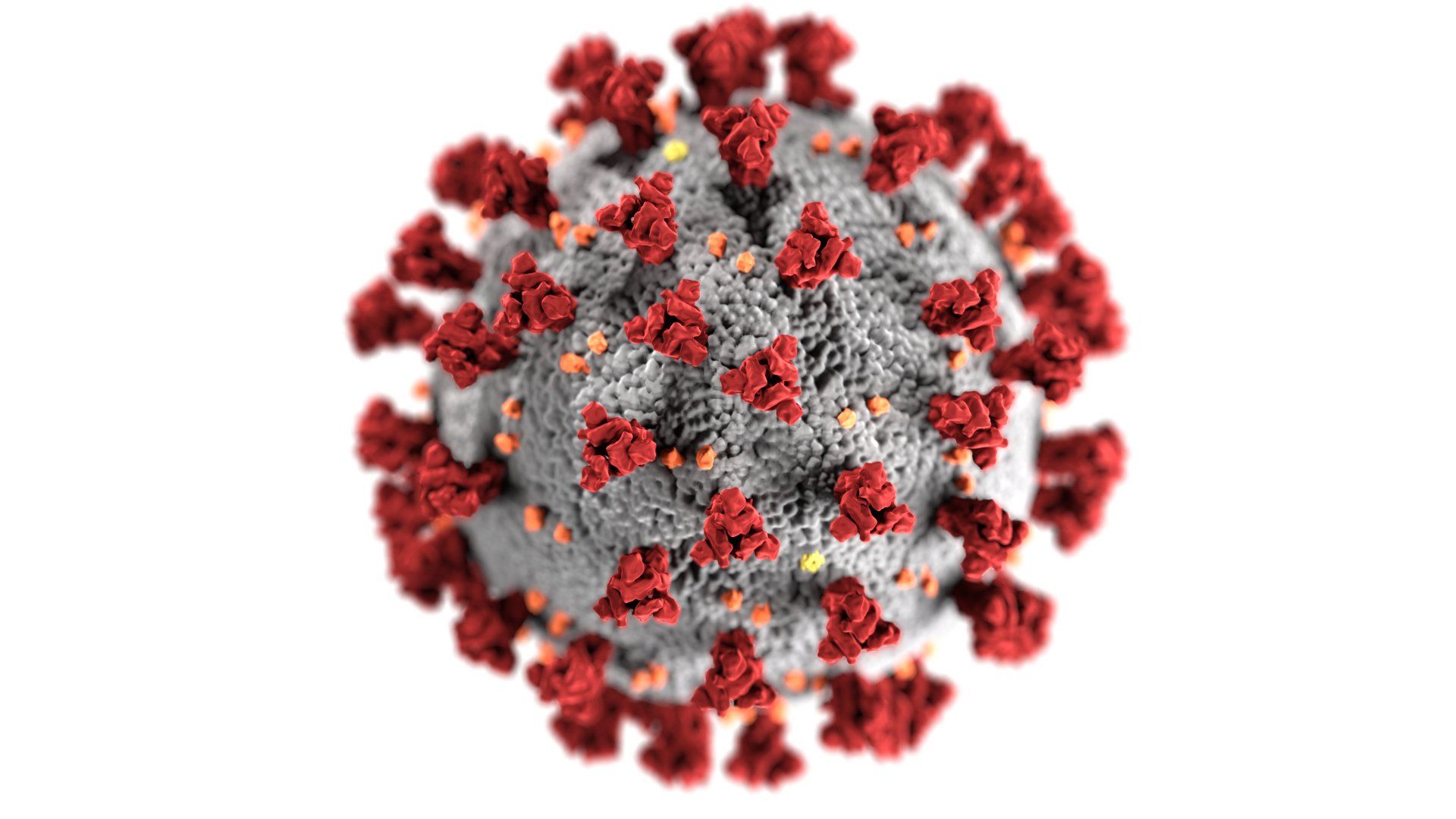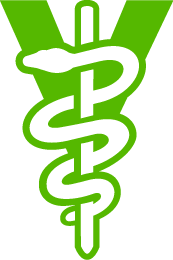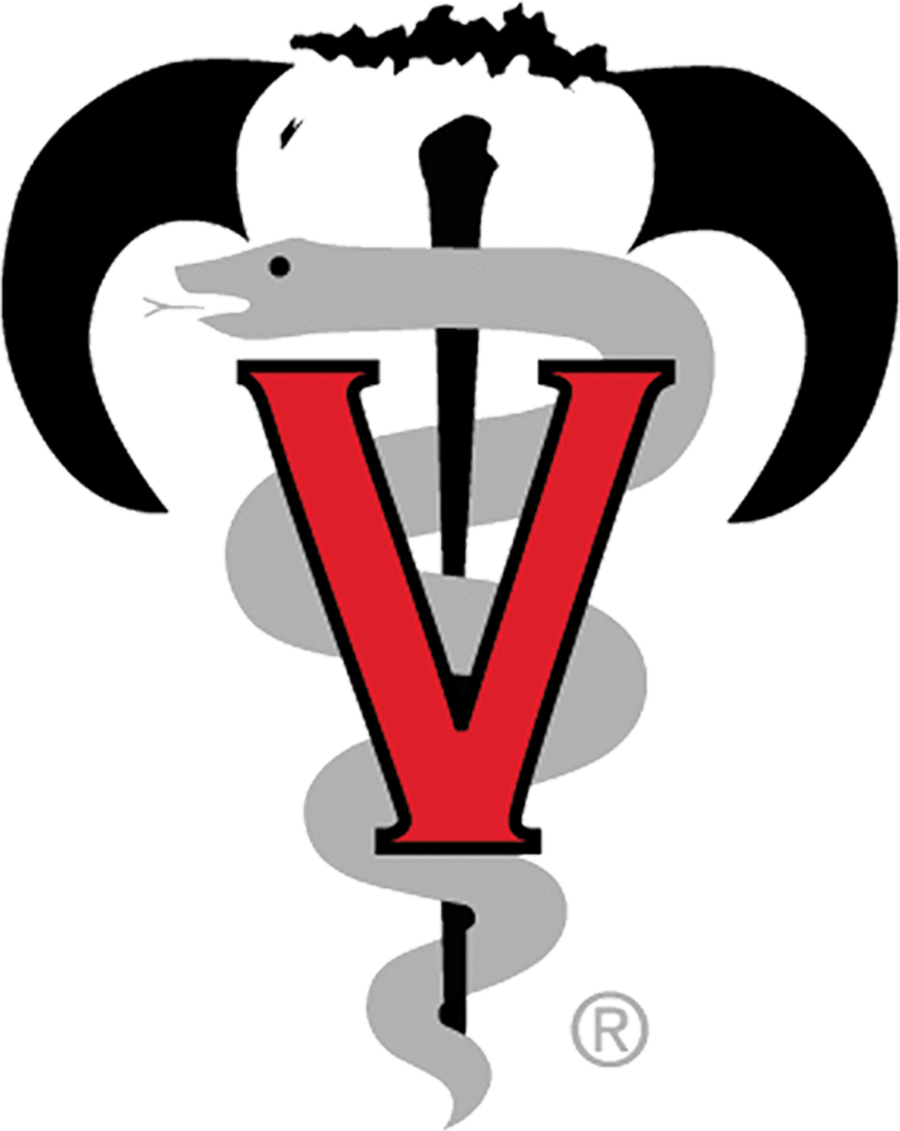Common Sense Makes Good Sense (Calf Care)
COMMON SENSE MAKES GOOD CENTS
The following is an article written by Dr. Wenger for the magazine: Dairy Herd Management
As a new contributor to this column allow me to introduce myself. My name is Mel Wenger DVM, a dairy practitioner from Ohio’s #1 dairy county, Wayne County, in northeast Ohio. I am a co-owner of the Orrville Veterinary Clinic, Inc., a seven-doctor mixed animal practice. It will be a pleasure for me or my partners to share some thoughts on a regular basis.
We often think there is more value and comfort when we purchase a preventative product than there is when we use common sense management practices. There are many management practices we can do that cost nothing or very little. All we have to do is pay attention to details. There are numerous companies trying to sell us antibiotics, vaccines, or products and convincing us that the only way to improve management is by using these products to solve a problem. But there are many small things we can do ourselves to improve management and it doesn’t cost us a thing. In fact it will often pay a huge return.
The care of the newborn calf comes to mind. The calf is born into a strange environment, often times with no assistance. The calf is then left for several hours for the mother to take care of all its needs. It is not uncommon for a newborn calf to be ignored for many hours until the other cows are milked or other chores are finished. Some calves are ignored by their mothers and will lay in a corner shivering until someone decides to care for it. These first few hours are some of the most important hours of a calf’s life. Whether it is a bull or heifer calf, all calves need similar attention in these first few hours.
It only makes common sense and costs very little to make sure the calf is delivered into a clean, dry, sheltered environment. Unfortunately this is not always the case. It is acceptable to allow the mother to lick dry the calf and the calf should be sitting with its head up in 5 minutes or you should intervene. If necessary, intervene by using clean, dry towels to vigorously dry the calf. Use a handheld hairdryer to dry and warm the calf. The sooner the calf is warm and dry the sooner it will be ready to drink. The licking action of the mother or the vigorous drying of the calf with towels will stimulate and encourage deep breathing, defecation, and sucking.
After the calf is dry it should be standing within one hour and ready for some nourishment. If the mother’s milk is used for the calf’s first feeding there must be one gallon of high quality colostrum milk available and it should be taken from the mother within 1-3 hours of giving birth and immediately fed to the calf. Feed the milk by allowing the calf to nurse from a bottle if possible but esophageal tube feeding is an acceptable method of delivering the colostrum milk to the calf. Use a thermometer to be sure the colostrum is warmed up to 102 degrees. Many times I observe stored colostrum removed from the refrigerator or freezer and warmed in hot water. It is almost never warmed enough to reach body temperature and is often fed lukewarm. Even colostrum milked from the mother often sits around and cools until it is fed. Properly warm the colostrum and feed a gallon within 1-3 hours of birth and then another 2 quarts within 8 hours. This will ensure adequate antibodies and nutrition and will give the calf a great start in life. The calf is now ready for a clean straw bedded hutch. In cold temperatures below 30 degrees a calf blanket is a real plus to keep the calf nice and warm.
These are some simple common sense practices that are often ignored but will do wonders for the calf. And it costs next to nothing. Trust me; you will be purchasing many fewer health products for the calf and have a much healthier and robust calf as it moves on to the next stage of life. Ask your veterinarian to help write a protocol and provide worker training for each calf that is born. Your veterinarian is not on your farm to sell a product but there to help you improve your management.
Each area of the calf’s life has common sense management practices that make huge differences in the growth and productivity of that calf. In future issues we will look at a few more of these “cheap” ideas.
FOR MORE COMMON SENSE, CLICK HERE
Mel Wenger DVM, Orrville, OH
Edited for Orrville's Websites by Dr. Jeff Fink

